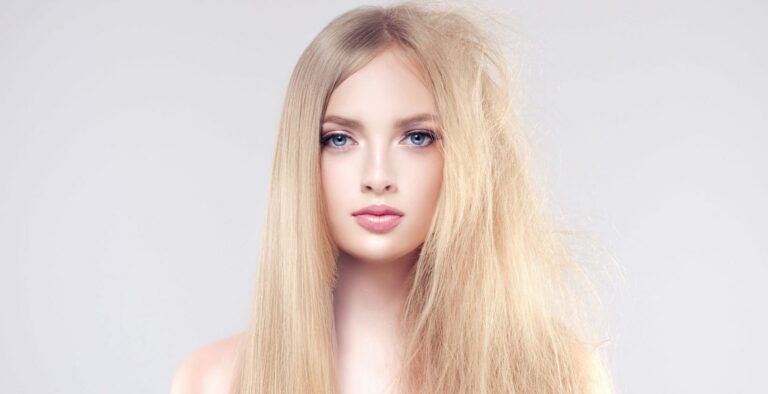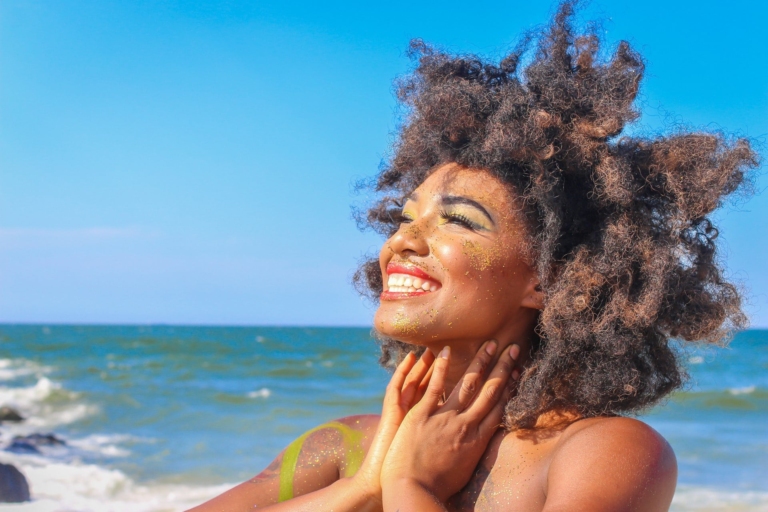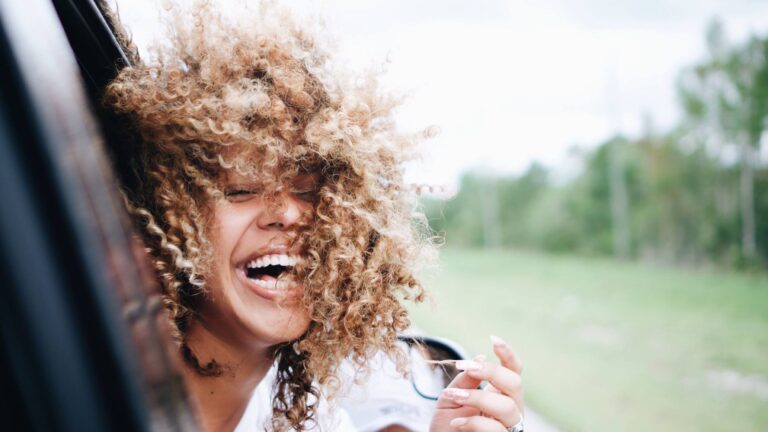How do I care for my hair during pregnancy?
Pregnancy is a special time for every woman’s body. Most notice changes in the appearance of their skin and hair. Some pregnant women experience thick, strong hair during pregnancy, while others notice an increase in breakage, greasiness and hair loss. Your hair needs proper care during pregnancy. Don’t forget to take care of it every day. Especially when its condition is constantly changing.
Unfortunately, every rule has its exceptions. Morning sickness, poor diet and stress are just some of the factors that can cause expectant mothers to lose their hair.
- Find out how to care for your hair during pregnancy to keep it healthy and strong.

How do I care for my hair during pregnancy?
Hair needs to be cared for inside and out. Make sure you eat a balanced diet. Unfortunately, the most common cause of hair loss during pregnancy is that your body isn’t getting enough nutrients. That’s why it’s so important to eat well and stay hydrated. However, sometimes this simply isn’t possible.
Use shampoos that strengthen hair roots. Don’t forget that these products must be natural and suitable for pregnant women. After washing your hair, apply a hair conditioner or a hair mask for extra nourishment.
Also read: Tips for hair loss after childbirth
Brush your hair gently, preferably with a wide-tooth comb. Avoid treatments that may further weaken hair structure, such as blow-drying and straightening.
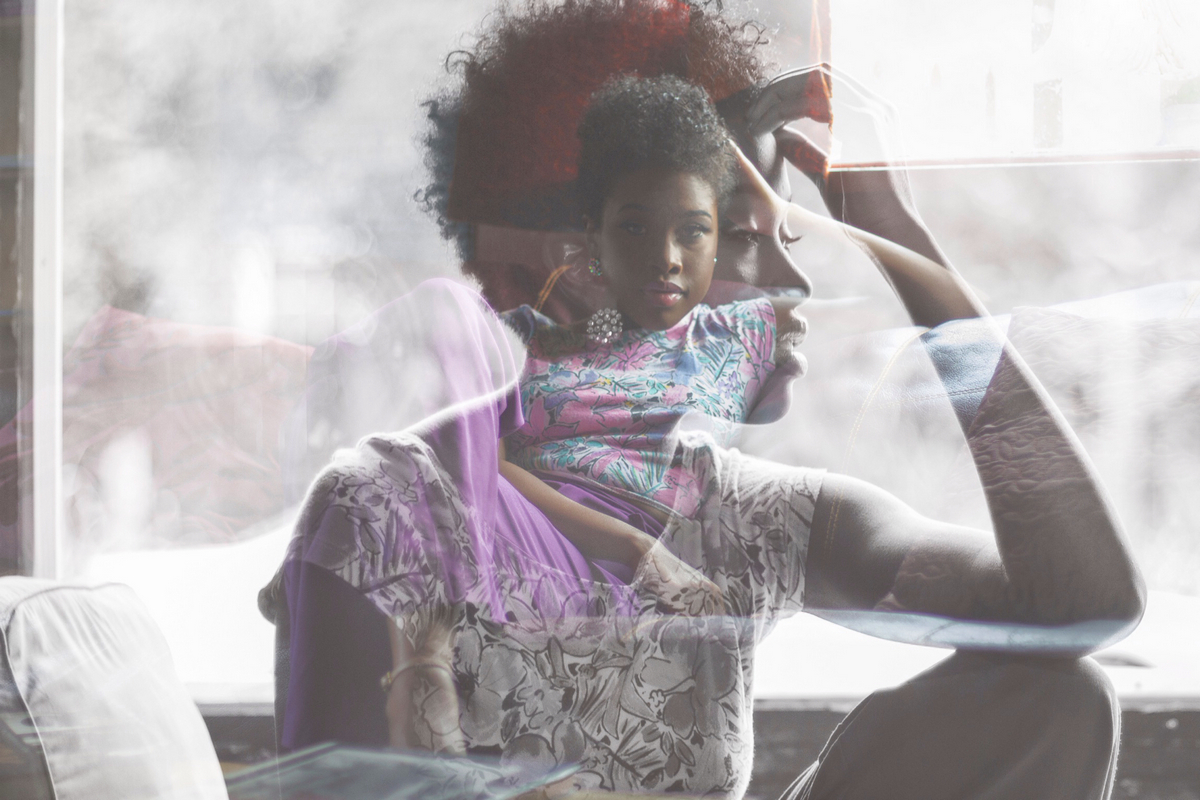
How does hair change during pregnancy?
Pregnant women can notice significant changes in their hair due to hormonal storms. It’s not uncommon for straight hair to become curly overnight, for beautiful curls to straighten, and for light blond hair to suddenly turn darker.
During the first trimester of pregnancy, women already notice a deterioration in the condition of their hair. The sebaceous glands of the scalp often produce more sebum due to estrogen.
Many women experience the opposite effect, with their hair becoming dry and dull. Dandruff can also appear on the head.
In some cases, hair is very difficult to manage. It can be dry, which is why it’s important to use good masks. If you experiment with hair cosmetics on a daily basis, try to keep the number to a minimum during pregnancy. It’s best to use the products that have worked perfectly for you so far.
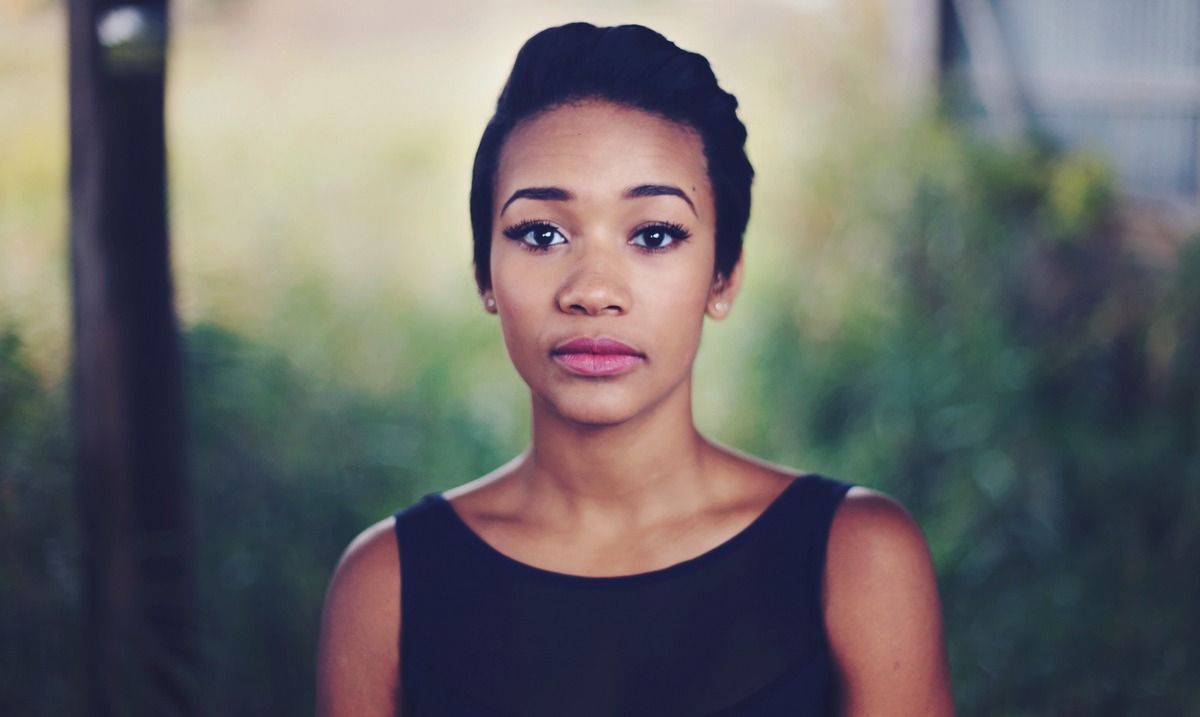
What hair care products should I use during pregnancy?
The best rule for using hair care products during pregnancy is to use what worked well for your hair before pregnancy. This is not the best time to experiment with new products. If our previous hair care method worked well and no cosmetics caused an allergic reaction, we can continue to use them.
However, during pregnancy, your hair may be in good condition, you may not need to wash it as often as before, or it may not require the frequent use of masks and conditioners. It’s important to read product labels during pregnancy to ensure that the cosmetics you use are safe. You should therefore make sure that hair care products do not contain phthalates or SLS.

What hair treatments should I avoid during pregnancy?
There are many opinions about keratin straightening and its effects on pregnant women. The products used during the treatment are irritating, which can be uncomfortable for expectant mothers. Nevertheless, keratin straightening is a hair treatment that restores shine. It may not affect hair loss during pregnancy, but it does restore hair vitality. Pregnant women may be particularly sensitive to different types of fragrance.
You should avoid coloring your hair during this period, as dye fumes can be very irritating. Before coloring your hair, do an allergy test and make sure the coloring products you use are ammonia-free. Unfortunately, hair loss can occur during certain treatments, such as bleaching, and should therefore be avoided for a few months.
However, to date, no studies have confirmed the harmful effects of dyes on foetal development. But it’s still worth using gentler products, professional hairstyles or natural products like henna, if only because of your sensitivity to odors.
During pregnancy, it’s also advisable to avoid perms, as it’s difficult to predict how your hair will behave. Ultimately, the effect may be too weak or too strong. If your hair becomes greasy more quickly during pregnancy, you should also avoid blow-drying, especially with hot air, as this can exacerbate the problem. You should also avoid using flat irons or curling irons, as hot styling can dry out your hair.

Grandma’s recipe
Hair needs the same care during pregnancy as it does outside it. Some pregnant women opt for home remedies for hair care. For example, an old grandmother’s recipe for hair care is a mixture of egg yolk, yeast and castor oil. This mixture is applied to the hair and wrapped in a warm microfiber towel. The heat of the mask allows more of the precious ingredients to penetrate the hair.

Causes of hair loss during pregnancy
Vitamin and mineral deficiency: during the first months of pregnancy, mothers-to-be face problems such as lack of appetite, nausea and vomiting.
Increased hormonal activity: during pregnancy, the hormonal balance is very unstable. This can lead to hair loss. However, as a general rule, your hair should be in better condition. So it’s a good idea to tell your doctor if you’re experiencing hair loss despite a healthy diet.
Illness or taking certain medications, because of hair loss, perhaps a long-term infection or the use of certain medications, for example anticoagulants.
Pregnancy is often a time of stress for young mothers. Unfortunately, too much stress has a negative effect on your health and that of your fetus. What’s more, such stress literally makes the hair fall out of your head. So make sure you rest and relax at every stage of your pregnancy. Pregnant women should make relaxation a priority. It’s also advisable to reduce stress factors and, above all, eat a healthy diet.
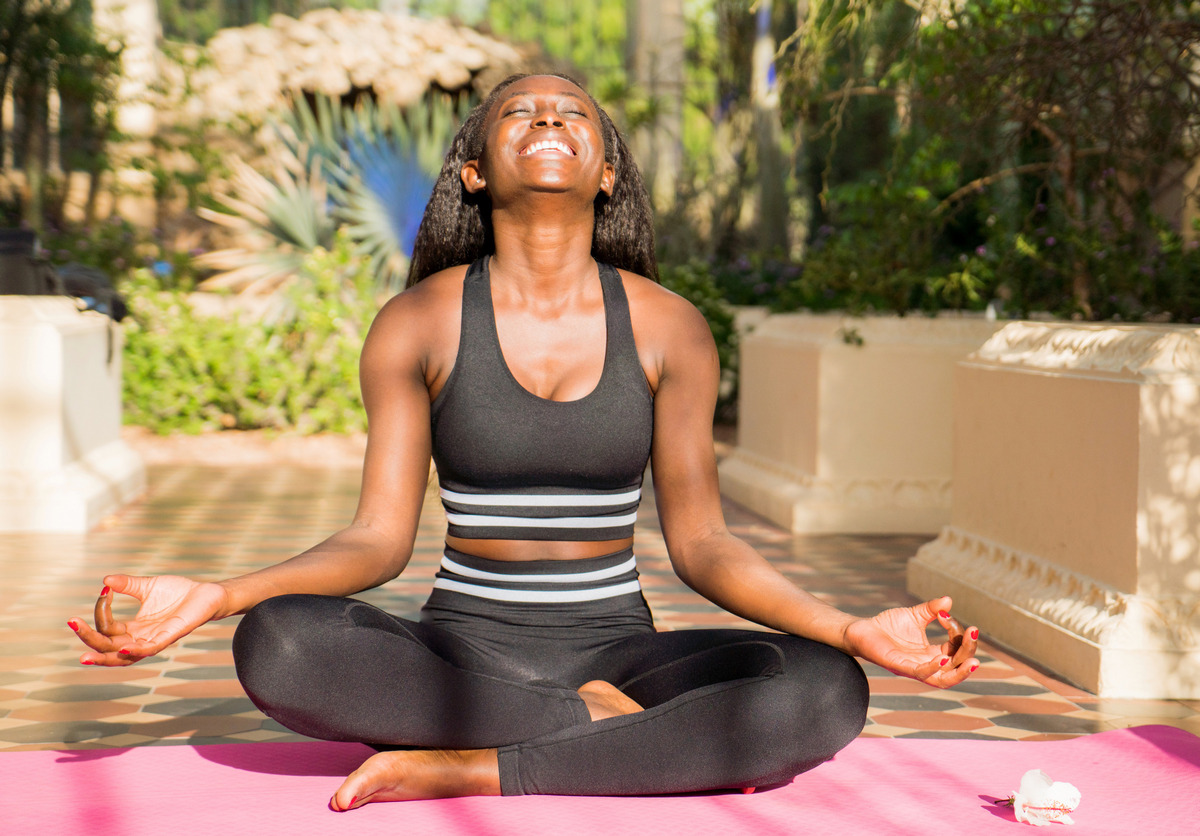
Hair loss after childbirth: Is it inevitable?
Most women experience hair loss starting around 2-3 months after giving birth. This phenomenon is completely normal, even if it is a source of great stress for many young mothers. A healthy, balanced diet and appropriate hair care improve the condition of the hair, but unfortunately, some hair loss is inevitable.
Read more: How to choose a (good) hair salon?
After childbirth, due to a drop in estrogen levels, all hair that should have entered the telogen phase during pregnancy, start to fall out rapidly. As a result, you can lose up to 30% of all your hair. However, in the vast majority of cases, this is unavoidable. So start intensive hair care immediately after giving birth. Use cosmetic products that both prevent hair loss and accelerate hair regrowth.

Caution
Many women skip out on nourishing masks and conditioners, perpetuating myths about hair care during pregnancy. They also avoid visits to the hairdresser for fear of their baby’s health. It’s perfectly natural to be very cautious during pregnancy.
“One of my biggest dreams is that my company will be able to change the course of one family’s life, one child at a time by giving back to the community.”





